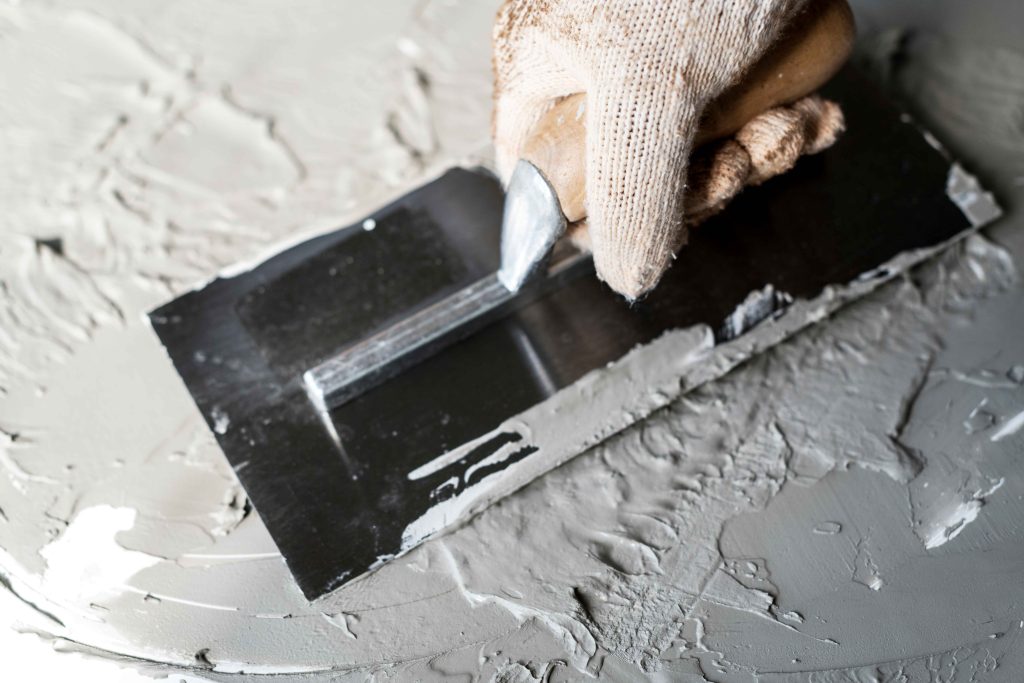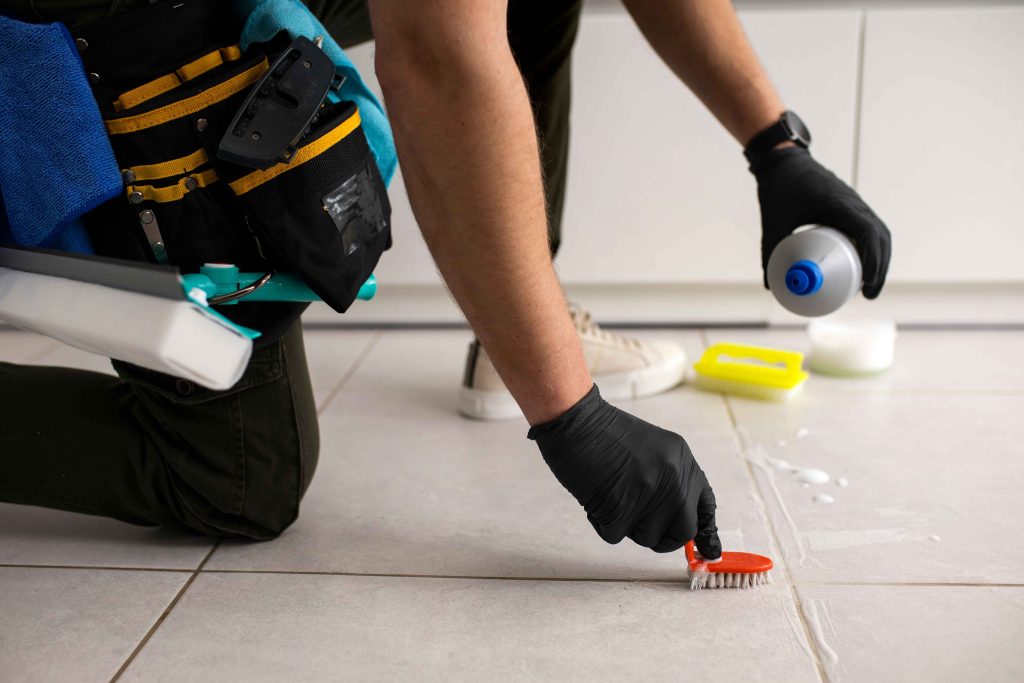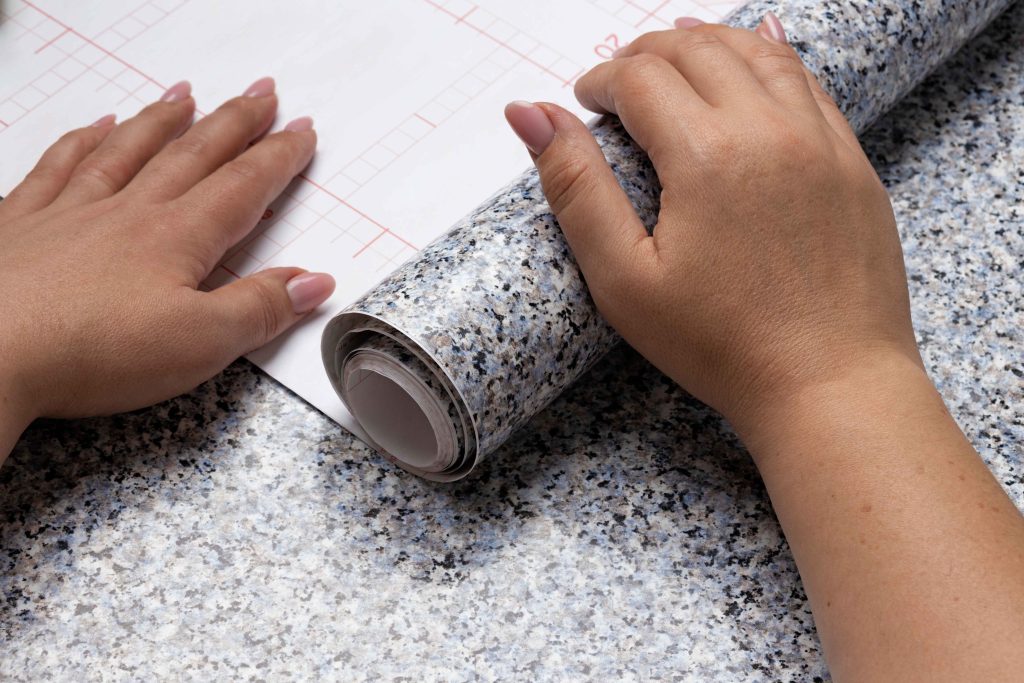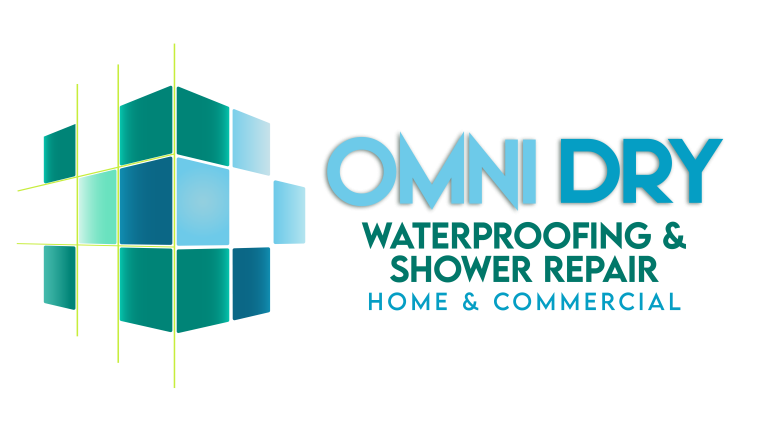A waterproofing membrane is a specialized material used to prevent water from penetrating a surface or structure. It is designed to create a barrier that is impermeable to water, ensuring that the underlying area remains dry and protected. This membrane is typically made from a combination of synthetic materials, such as rubber or polymer, which are highly resistant to water and can withstand exposure to various weather conditions. The waterproofing membrane is applied to surfaces such as bathrooms,balcony,roofs, basements, or foundations to prevent water infiltration and potential damage caused by moisture. It is an essential component in construction and infrastructure projects, providing long-lasting protection against water intrusion.
What is Waterproofing Membrane?
A waterproofing membrane, whether in liquid or sheet form, serves as a barrier to prevent the passage of water from the dry sections of a building to the wet areas. For instance, it is imperative to apply waterproofing membranes in spaces like showers or bathrooms to safeguard the rest of the house from issues such as mold and damp walls. These versatile membranes find utility in various parts of a home exposed to water, offering protection to areas like balconies, ceilings, kitchens, and basements, ensuring the overall integrity and longevity of the structure.

Which Waterproofing Membrane is Best?
Selecting the best waterproofing membrane requires a careful evaluation. We compare different types, looking at factors such as durability, flexibility, how easy they are to install, and cost-effectiveness. Real-world examples, like case studies or testimonials, show how well specific membranes work. In Australia, especially in Melbourne, two types of waterproofing membranes are commonly used.
Liquid waterproofing membrane

- Liquid cement coating
- Leakproof Deck & Shower(use under tiled)
- Leakproof Deck & Shower (use under tiled)
- Bitumen liquid coating
- Cyrstalline waterproofing concrete
- cement slurry and mortor
- Flexible joint waterproofing
Many other products, each with different names but serving the same purpose, are available in the market. These can be used for balconies, showers, kitchens, and external walls waterproofing.
Sheet waterproofing membrane

- Damp Proofing Underlay
- Soprema Sopravap’r
- Soprema Sopramastic
- Soprema Sopragrip
- Vapour barrier and exterior coating.
- Laminated woven polyethylene facer
- PVC Sheet Membrane
- Rubberfuse Sheet Membrane
Bitumen sheet membrane
Many other products, each with different names but serving the same purpose, are available in the market. These can be used for balconies, showers, kitchens, and external walls waterproofing.
Waterproofing Membrane in Melbourne
In Melbourne, a city witnessing a surge in construction activities and a heightened awareness of the importance of durability in housing, there is a burgeoning demand for waterproofing services. As people become increasingly conscious of the need to safeguard their homes, waterproofing has evolved into a mandatory consideration. In addition to proactive waterproofing measures, there is a notable uptick in demand for repair services addressing specific issues such as shower leakages, balcony leakages, grouting, caulking and epoxy grouting.
To cater to this growing demand, Melbourne boasts numerous waterproofing companies, each vying to provide top-notch services. Here, we highlight the five best membrane waterproofing companies in Melbourne, recognized for their expertise, reliability, and commitment to delivering effective solutions for waterproofing challenges. These companies not only meet the rising demand for waterproofing but also excel in addressing repair needs, ensuring the longevity and resilience of Melbourne’s diverse range of buildings.The following are the 05 best Membrane Waterproofing Company in Melbourne.
Why Waterproofing Membranes Fail
Even the most robust membranes can fail under certain circumstances. Common reasons for failures encompass issues spanning from installation techniques and quality control lapses to the impact of environmental factors and aging. Recognizing these pitfalls is essential for ensuring the long-term effectiveness of waterproofing measures.
Additionally, it’s crucial to acknowledge that every product, including waterproofing membranes, has a finite lifespan. Beyond this period, the membrane may require repair or replacement. Hence, waterproofing membranes may experience failures once their designated lifespan is complete.
Conclusion
Waterproofing membranes play a crucial role in defending against water infiltration. The key imperatives are meticulous membrane selection and professional installation. Choosing the appropriate membrane—whether bituminous, liquid, or sheet—is a strategic decision, considering factors like durability, flexibility, installation ease, and cost-effectiveness. This ensures the membrane aligns with project demands, forming an effective barrier against water challenges. Equally vital is professional installation; the expertise of an installer significantly impacts membrane performance and longevity. The success of waterproofing membranes hinges on the synergy of careful selection and skilled installation, fortifying structures against water perils for enduring construction projects.

